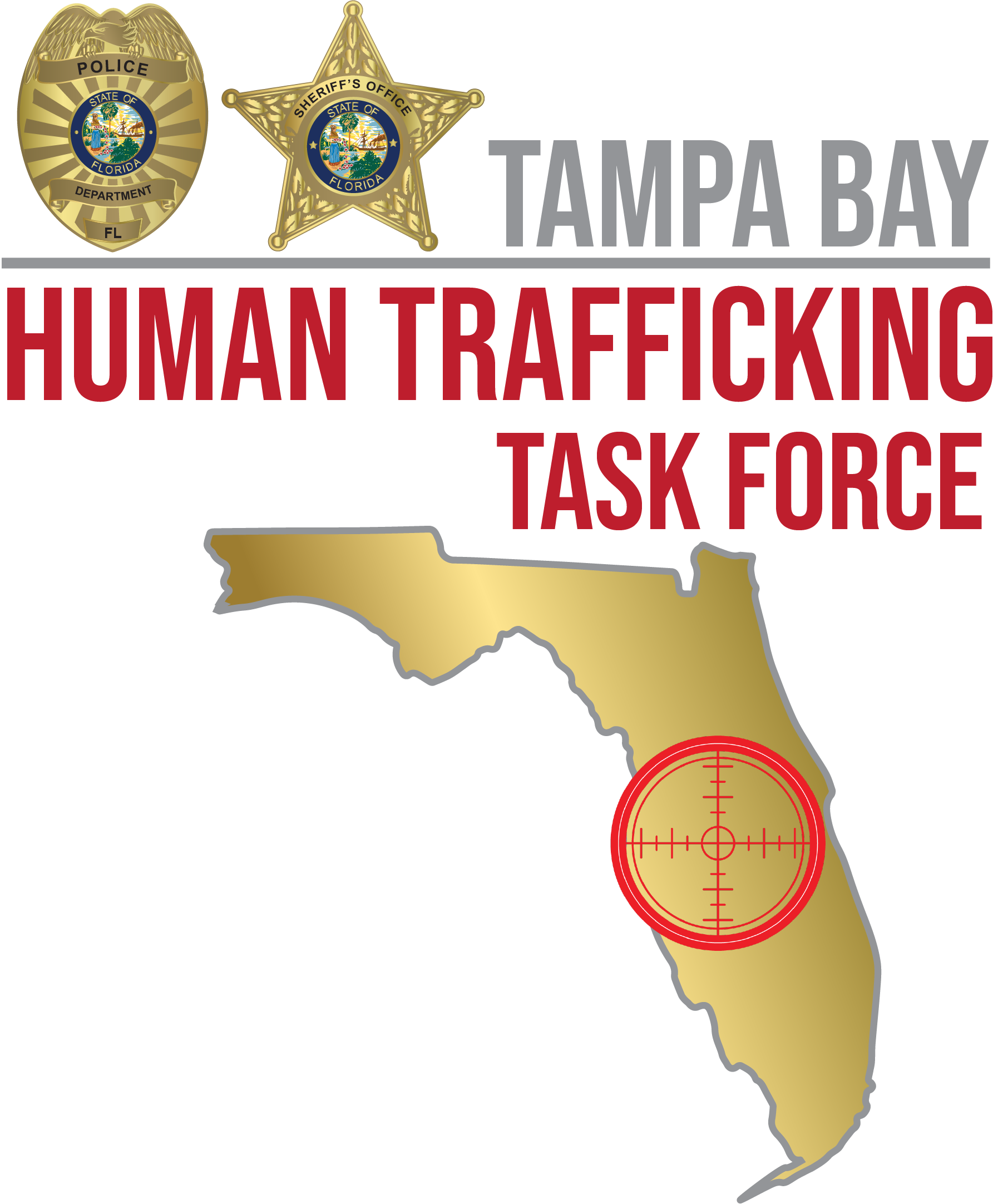
What is Human Trafficking?
Human Trafficking is a form of modern-day slavery. It is defined as transporting, soliciting, recruiting, harboring, providing, enticing, maintaining, or obtaining another person for the purpose of exploiting that person for either commercial sex activity or labor or services.
Sex trafficking is the recruitment, harboring, transportation, provision, obtaining, patronizing, or soliciting of a person for the purposes of a commercial sex act, in which the commercial sex act is induced by force, fraud, or coercion, or in which the person induced to perform such an act has not attained 18 years of age. (22 USC § 7102)
Labor trafficking is the recruitment, harboring, transportation, provision, or obtaining of a person for labor or services, through the use of force, fraud, or coercion for the purposes of subjection to involuntary servitude, peonage, debt bondage, or slavery. (22 USC § 7102)
Where can victims be found

- Massage Parlors
- Factories
- Construction
- Farming or Landscaping
- Fisheries
- Hotels or Tourism
- Panhandling
- Janitorial Services
- Restaurant Services
- Adult Establishments
- Domestic Help (nanny, servant, etc.)
Who is at risk

Anyone - no matter their age, nationality, race, religion, socio-economic status, education level, sexuality, or gender can become a victim of human trafficking.
However, traffickers often target children and teens who are/have:
- History of physical, sexual, or emotional abuse
- Been in foster care or the juvenile justice system
- Substance abuse or mental health issues
- Undocumented status
- Low socio-economic status
- Lack employment opportunities
- Unstable home life
- Runaway or homeless
- Limited education
- Suffering from physical and/or mental disabilities
What to watch for

- Appears scared or nervous, may not make eye contact
- No knowledge about where they are and why
- Typically has someone with them at all times, this person may seem controlling
- Carries multiple hotel keys
- Signs of branding (tattoos, jewelry)
- Physical injuries or signs of abuse
- Has no personal items (cell phone, ID, passport)
- Not allowed to leave work or residence freely
- Lies about age/false identification and/or inconsistencies
- No private space available for victim





